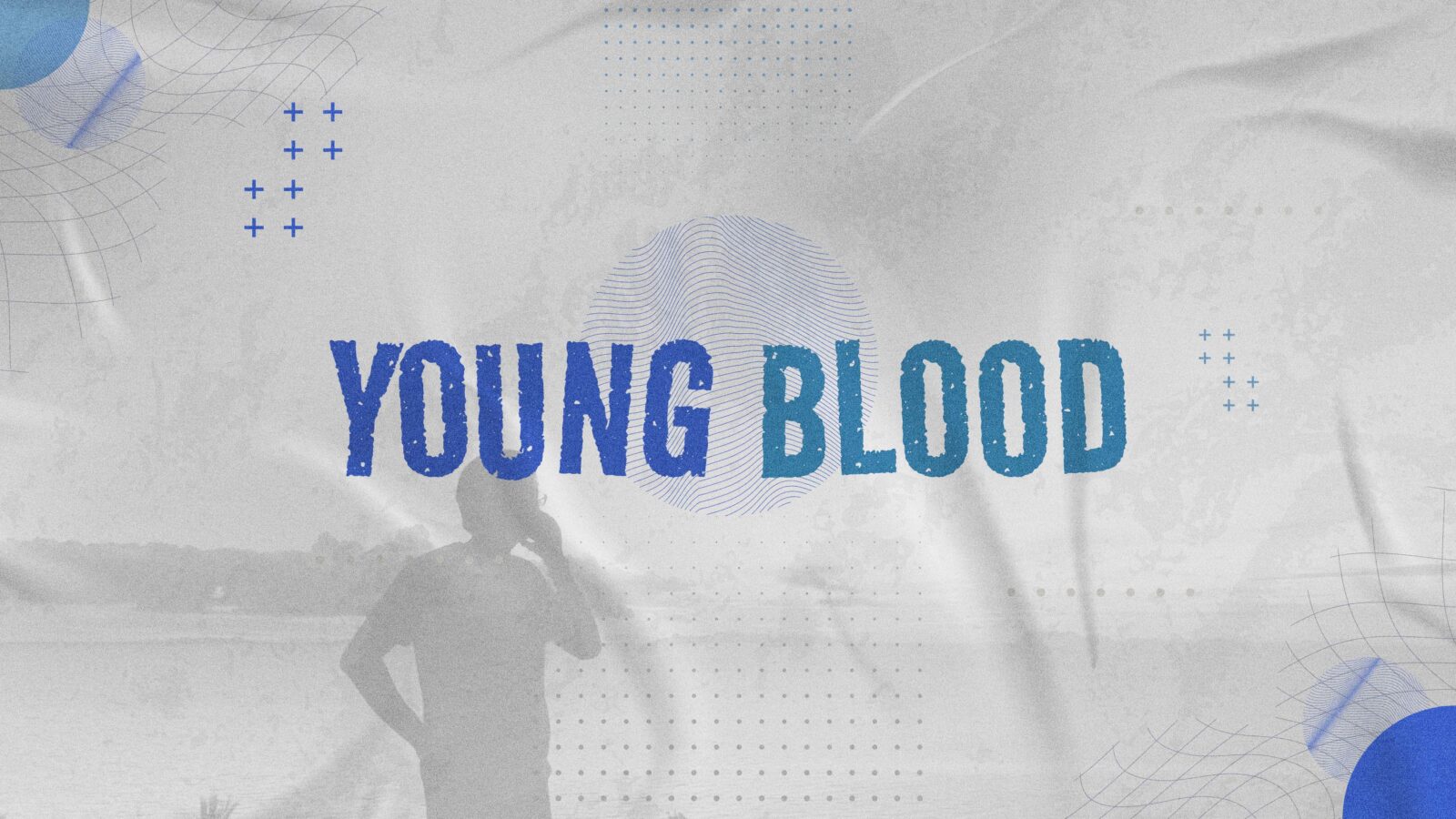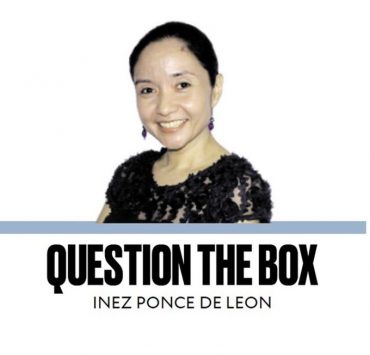Growing up in a broken family

Growing up in a broken family was weird. One gets the feeling that we don’t really have a place to call home.
It happened so fast, especially for a 7-year-old. One moment we were celebrating Christmas, and then the next, we were told we’re leaving our life overseas to return to the Philippines.
Though the Philippines was my parents’ home, it wasn’t our home. It was like a vacation place, or something like Enchanted Kingdom or Tom’s World.
My parents disagreed on which child to take.
“’Pag pinili mo nanay niyo, hindi na ako uuwi dito!”
“Sige! Sumama kayo sa tatay niyo, hinding hindi niyo na ako makikita!”
So it was up to our other family members to take us in.
Growing up in a broken family was hard. Since the Philippines doesn’t have a divorce law, none of my parents really took full custody of us—which meant that we were constantly thrown to each side of the family like a game of catch. Except none of our extended families wanted us so it was more a game of hot potato.
It’s not really their fault. We are at the point of our life where we realized that we had to take care of ourselves.
We never really felt like we belonged because of it. It was hard. Being a kid meant that vacations and no classes were the best news for others, but to us they were the worst. School, the place delinquents like us should’ve hated the most, felt like the only safe haven. We remember wishing that we didn’t need to get out of class, we wished we didn’t need to hop off the school service, we wish we didn’t run out of money so we can just hide and play computer games forever in the internet cafe. At least there, the people who would cuss and berate us didn’t actually mean the words. Strangers and outsiders made me feel safer.
Growing up in a broken family made me famous, kind of. We had to shift to five different schools from kindergarten to Grade 12. We went around and made a couple of friends. But we did not really develop that “bond” with them like they did with each other. It always felt weird being the new kid on the block. Everyone knew everyone except us. Why did we need to switch schools again just when we were forging bonds?
At least technology has helped us keep in touch with the people who mattered the most to us. But still, you’d think we’d get used to the constant transferring. But we didn’t. It was always the same song and dance: be the “dead kid” for a couple of months, make friends, and when you’re all chummy with them, “oh look, we need to switch again because of ‘x’ reason.”
It was tiring, but looking on the bright side, at least now we have a dozen one-call-away favors. Though we were jealous of their bond, we want to thank them because they didn’t make us feel like they didn’t want us. They made us feel valued.
Growing up in a broken family broke us. It took away our self-respect, our childhood.
“Para sa inyo ‘yung ginagawa namin.”
“Gusto mo bang matulad sa kanila?”
Maybe it was just unlucky, maybe it was just what it is. People say it’s healthier to forgive and forget. Maybe we can forgive, but we can never forget. How can we forget? There’s no forgetting. Even if we wanted to, we will always be afraid, we will always feel alienated, we will always feel meaningless in their eyes even though they mean well.
It is why we crumble when we talk about the past. Why should we forget if the reminders they gave us are etched in our minds, always there to keep us in check? Always there to keep our morality and values in check? We will never forget because forgetting means we might do the same to others. Not forgetting means that we know what is right and what is wrong, a reminder to not commit the same wrongs they have done to wrong us. It is up to us to keep ourselves together. It is up to us to heal ourselves in our own way.
Growing up in a broken family helped us. It helped us regain our self-respect, helped us to love ourselves. Because of it, it helped us to appreciate those who care for us, who valued us, and made us know that there were people who will be there for us.
It taught me to respect others and not to discriminate, to treat others as you would treat yourself. It helped us understand that not everything will be happy. There will be times in life when things will change and that they will never go back to the way they were. We need to accept that and move forward. And that acceptance will finally help us find a home.
—————-
Gerard Francis Anson, 22, is a student at Mapua University.

















‘Allocable’ funds: Resurrected pork barrel